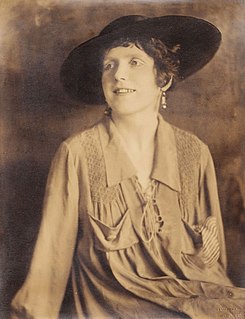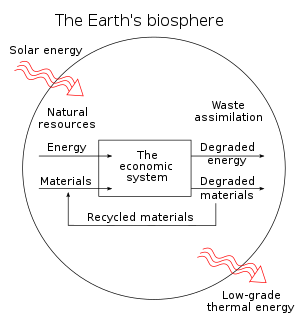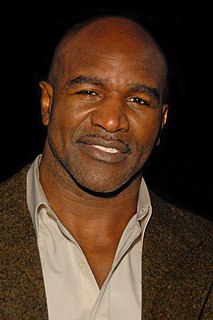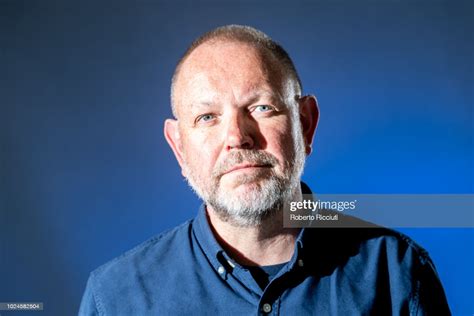A Quote by Ralph Waldo Emerson
The axioms of physics translate the laws of ethics. Thus, "the whole is greater than its part;" "reaction is equal to action;" "the smallest weight may be made to lift the greatest, the difference of weight being compensated by time;" and many the like propositions, which have an ethical as well as physical sense. These propositions have a much more extensive and universal sense when applied to human life, than when confined to technical use.
Quote Topics
Related Quotes
The ends of scientific classification are best answered, when the objects are formed into groups respecting which a greater number of general propositions can be made, and those propositions more important, than could be made respecting any other groups into which the same things could be distributed. ... A classification thus formed is properly scientific or philosophical, and is commonly called a Natural, in contradistinction to a Technical or Artificial, classification or arrangement.
Life consists Of propositions about life. The human Revery is a solitude in which We compose these propositions, torn by dreams, By the terrible incantations of defeats And by the fear that the defeats and the dreams are one. The whole race is a poet that writes down The eccentric propositions of its fate.
It's one thing to assent to propositions like 'The way of things is ineffable', and quite another to internalise what it is being gestured at by such propositions, to get a sense or feel for mystery. For me, at least, it is in and through ways of engaging with nature that this sense is intimated. These ways include being in the garden.
Law, in its most general and comprehensive sense, signifies a rule of action; and is applied indiscriminately to all kinds of action, whether animate, or inanimate, rational or irrational. Thus we say, the laws of motion, of gravitation, of optics, or mechanics, as well as the laws of nature and of nations. And it is that rule of action, which is prescribed by some superior, and which the inferior is bound to obey.
Mathematics is a logical method. . . . Mathematical propositions express no thoughts. In life it is never a mathematical proposition which we need, but we use mathematical propositions only in order to infer from propositions which do not belong to mathematics to others which equally do not belong to mathematics.
There are different interpretations of the problem of universals. I understand it as the problem of giving the truthmakers of propositions to the effect that a certain particular is such and such, e.g. propositions like 'this rose is red'. Others have interpreted it as a problem about the ontological commitments of such propositions or a problem about what those propositions mean.
A thought has no size in the physical sense but is vast as compared to the physical acts and objects into which it is later precipitated. The power of a thought is enormous and superior to all the successive physical acts, objects, and events that body forth its energy. A thought often endures for a time much greater than the whole life of the man who thought it.
I cannot remember a time when I was not enraptured or tortured by words. Always there have been words which, sometimes for their sound alone, sometimes for their sound and sense, I would not use. From a loathing of their grossness or sickliness, their weight or want of weight. Their inexactitude, their feeling of acidity or insipidity. Their action, not only on the intelligence but on the nerves, was instant.
The laws of thermodynamics restrict all technologies, man's as well as nature's, and apply to all economic systems whether capitalist, communist, socialist, or fascist. We do not create or destroy (produce or consume) anything in a physical sense- we merely transform or rearrange. And the inevitable cost of arranging greater order in one part of the system (the human economy) is creating a more than offsetting amount of disorder elsewhere (the natural environment).
There's a law of physics: For every action there's an equal and opposite reaction. And sometimes that shows up in politics and society. And I think that the reaction to President Trump's decision on the Paris Agreement has been much stronger than I had even hoped for. And the determination being expressed by so many people in state governments, city governments, in the business community, the investor community, is really heartening to me.
In obedience to the feeling of reality, we shall insist that, in the analysis of propositions, nothing "unreal" is to be admitted. But, after all, if there is nothing unreal, how, it may be asked, could we admit anything unreal? The reply is that, in dealing with propositions, we are dealing in the first instance with symbols, and if we attribute significance to groups of symbols which have no significance, we shall fall into the error of admitting unrealities, in the only sense in which this is possible, namely, as objects described.
Given the scale of life in the cosmos, one human life is no more than a tiny blip. Each one of us is a just visitor to this planet, a guest, who will only stay for a limited time. What greater folly could there be than to spend this short time alone, unhappy or in conflict with our companions? Far better, surely, to use our short time here in living a meaningful life, enriched by our sense of connection with others and being of service to them.










































